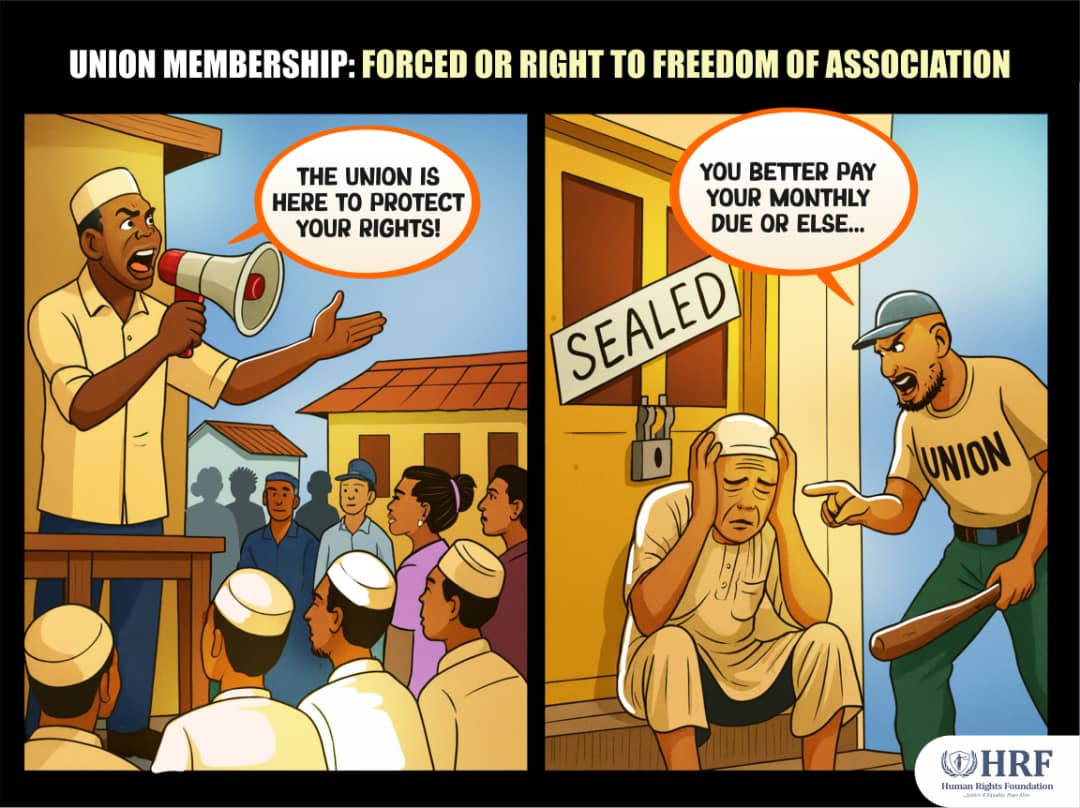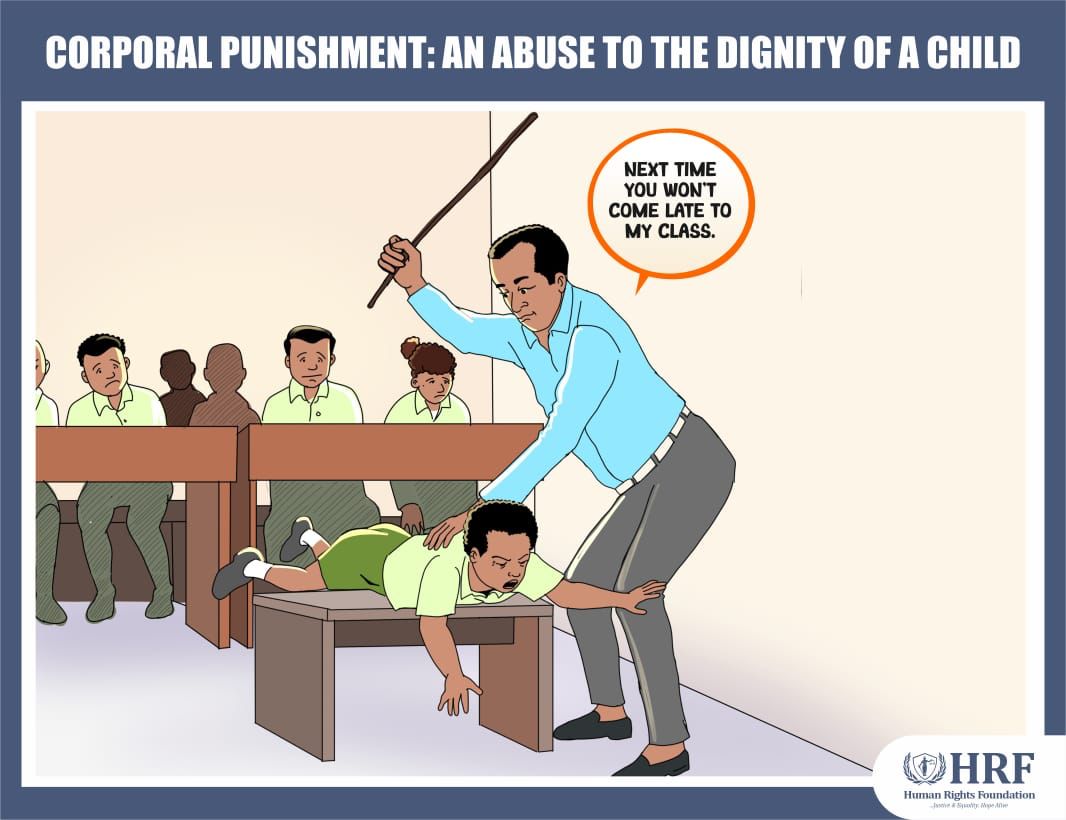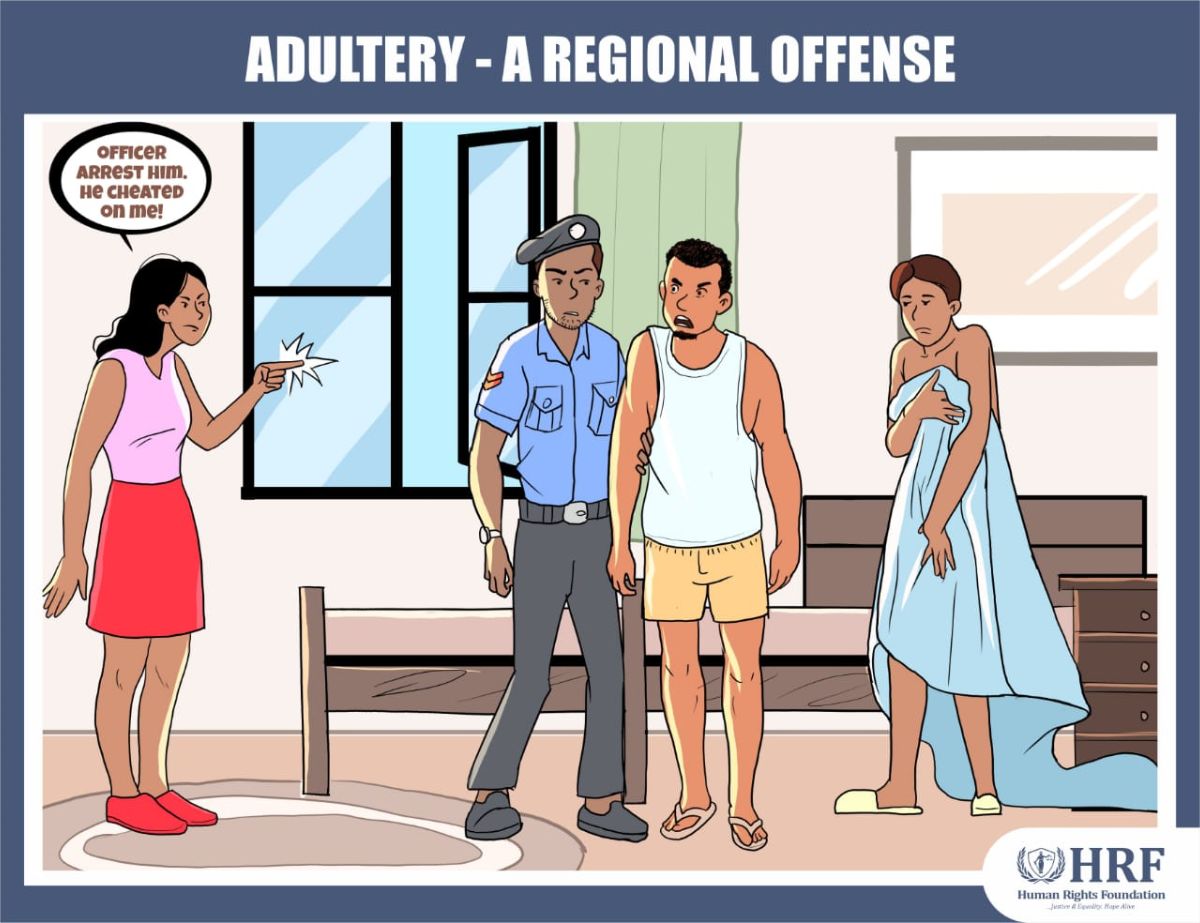
A few weeks ago, a client (whose name has been withheld) walked into my office, visibly distressed. She is a hardworking hairdresser who has recently been threatened by leaders of a local hairdressers’ union. Their demand was unlawful but straightforward: join the union or face harassment. They warned her that if she refused, they would lock up her shop and seize her tools of trade.
She sought my help. I intervened by issuing the union a pre-action notice, clearly stating that any attempt to intimidate or close down her business would amount to a breach of her fundamental right to freedom of association under Section 40 of the 1999 Constitution. Faced with the prospect of legal consequences, they backed down. My client continues to ply her trade in peace today.
Her story is not unique. Every week, I receive similar complaints from Nigerians—tailors, drivers, mechanics, barbers, and traders—who are being compelled to join associations they do not wish to belong to. Some unions even resort to harassment, locking shops, or interfering with people’s businesses. This is unlawful.
WHAT THE LAW SAYS:
Section 40 of the Constitution is explicit:
“Every person shall be entitled to assemble freely and associate with other persons, and in particular he may form or belong to any political party, trade union or any other association for the protection of his interests.”
This provision guarantees the freedom to join an association, but by implication, it also protects the freedom not to join. Membership in any trade group or union must be voluntary.
No association has the legal authority to compel you to register. While unions may legitimately deny non-members the benefits available to registered members—such as welfare packages, cooperative loans, or representation—they cannot shut down your business, seize your property, or stop you from earning a living. Doing so amounts to harassment, trespass, and unlawful interference with trade—offences both civil and criminal in nature.
WHAT YOU CAN DO IF HARASSED:
1. Document everything – record videos, take photos, and note the names of those involved.
2. Report to the police – intimidation and unlawful closure of shops are criminal acts.
3. Seek legal redress – the Fundamental Rights (Enforcement Procedure) Rules, 2009, empower you to approach a High Court for protection.
4. Engage a lawyer – courts can grant injunctions and even award damages against unions that overstep their bounds.
Freedom of association is a shield, not a shackle. It exists to protect your right to choose—not to force you into groups you do not want. When a union threatens to lock your shop because you refuse to join, remember this: the Constitution is on your side.
Let every Nigerian work and thrive without intimidation.



.jpg)
0 Comments